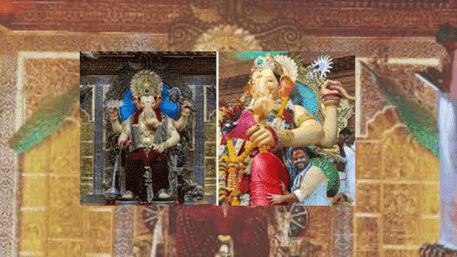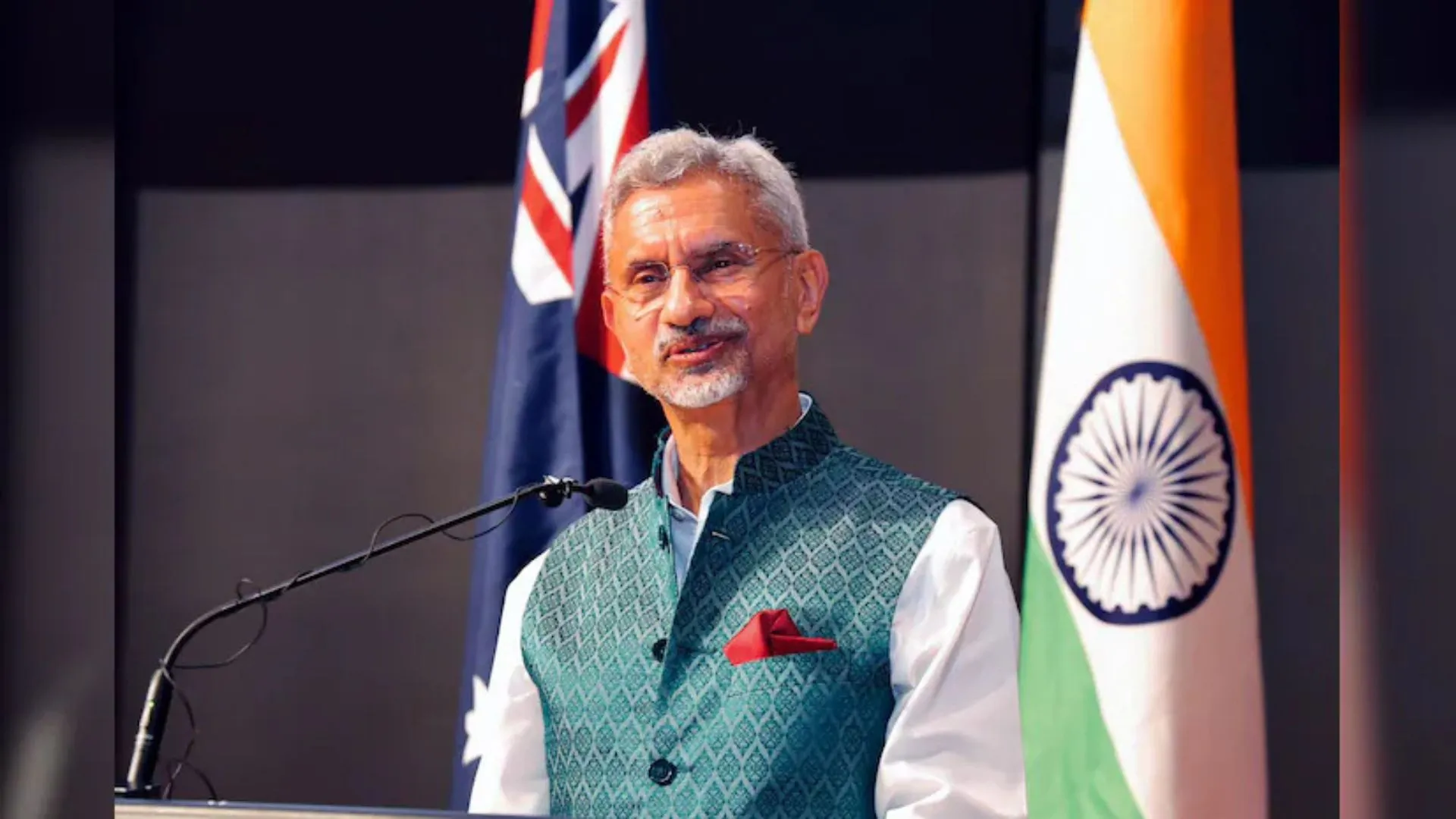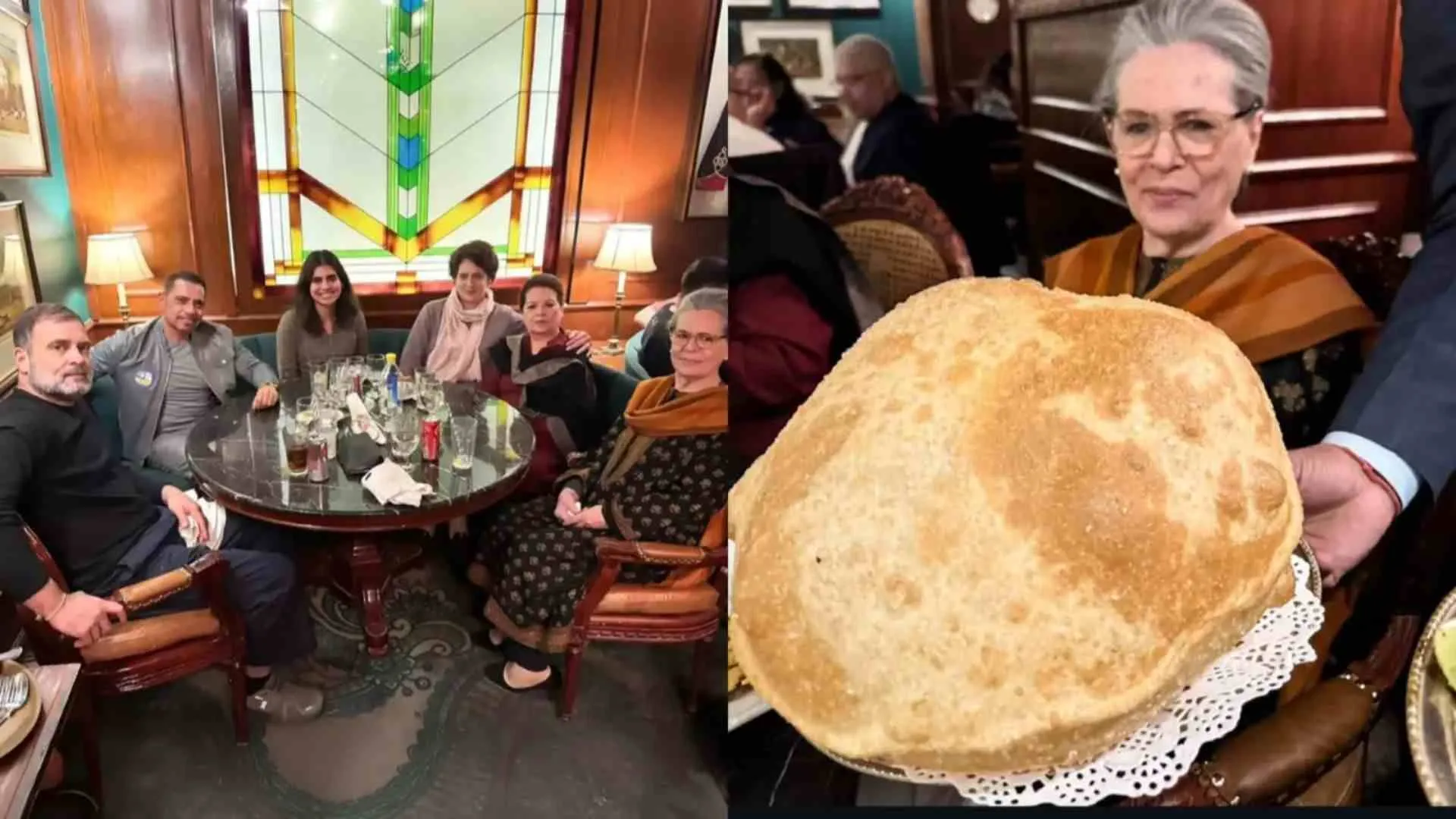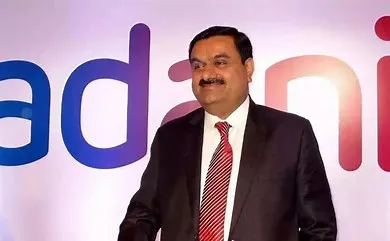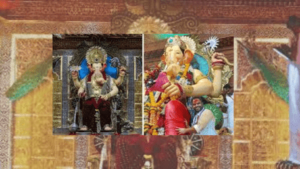As the vibrant festival of Ganesh Chaturthi approaches, the first look of Mumbai’s most iconic Ganesha idol, Lalbaugcha Raja, was unveiled on Thursday, September 5, ahead of the celebrations on Saturday, September 7. Known as the “Navasacha Ganpati” or “The One Who Fulfills All Wishes,” the idol draws millions of devotees from around the world each year, making it a highlight of the Ganesh Chaturthi festivities.
The History and Significance of Lalbaugcha Raja
Lalbaugcha Raja Sarvajanik Ganeshotsav Mandal, the organizing body behind the famous pandal, has been celebrating Ganesh Chaturthi since 1934. The festival originally began as a community celebration by fishermen from the Koli community at Lalbaug Market. Over the decades, it has grown into a significant cultural and religious event, with the idol symbolizing hope and faith for millions.
The Kambli Family’s Artistic Legacy
For over 80 years, the idol of Lalbaugcha Raja has been crafted by the Kambli family, renowned sculptors who have dedicated their lives to preserving this artistic tradition. The idol is created at Kambli Arts, located in Chinchpokli, a studio founded in 1920 by the legendary sculptor Ratnakar Kambli. Ratnakar was commissioned by the mandal in 1935 to create the first Lalbaugcha Raja idol, a responsibility his family has carried on for generations.
After Ratnakar’s death in 1952, his son Venkatesh Kambli took over the mantle of crafting the iconic idol. In 2002, Ratnakar Madhusudan Kambli succeeded him, and today, his eldest son, Santosh Ratnakar Kambli, oversees the making of the Lalbaugcha Raja idol, continuing the family’s rich legacy.
The Craftsmanship Behind Lalbaugcha Raja
The creation of the Lalbaugcha Raja idol is a meticulous process that involves all members of the Kambli family. Most of them are graduates of Mumbai’s prestigious Sir J.J. School of Art, though Santosh Kambli, the current head of the family, is a marketing graduate who inherited his sculpting skills from his ancestors without any formal training. Instead, Santosh learned the art on the job, continuing the family tradition of creating Ganesha idols.
Santosh has previously emphasized the importance of research and careful theme selection for each year’s idol, as the themes and design elements change annually. The various parts of the Ganesha idol are crafted at the Kambli Arts workshop, after which they are transported to the pandal, assembled, and painted. One of the most revered traditions is the drawing of the idol’s eyes, a task entrusted to the head of the Kambli family, signifying the final and most sacred step in the idol’s creation.
As Ganesh Chaturthi approaches, Lalbaugcha Raja remains a symbol of Mumbai’s deep-rooted cultural and religious traditions. With the unveiling of the idol, devotees eagerly await the chance to offer their prayers and seek blessings from the beloved “Navasacha Ganpati.” The legacy of the Kambli family continues to shine through their dedicated craftsmanship, ensuring that Lalbaugcha Raja remains an enduring icon of faith and devotion.

